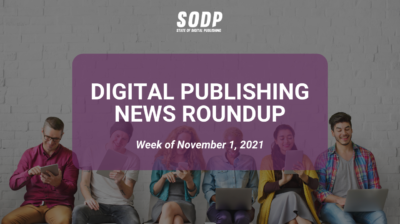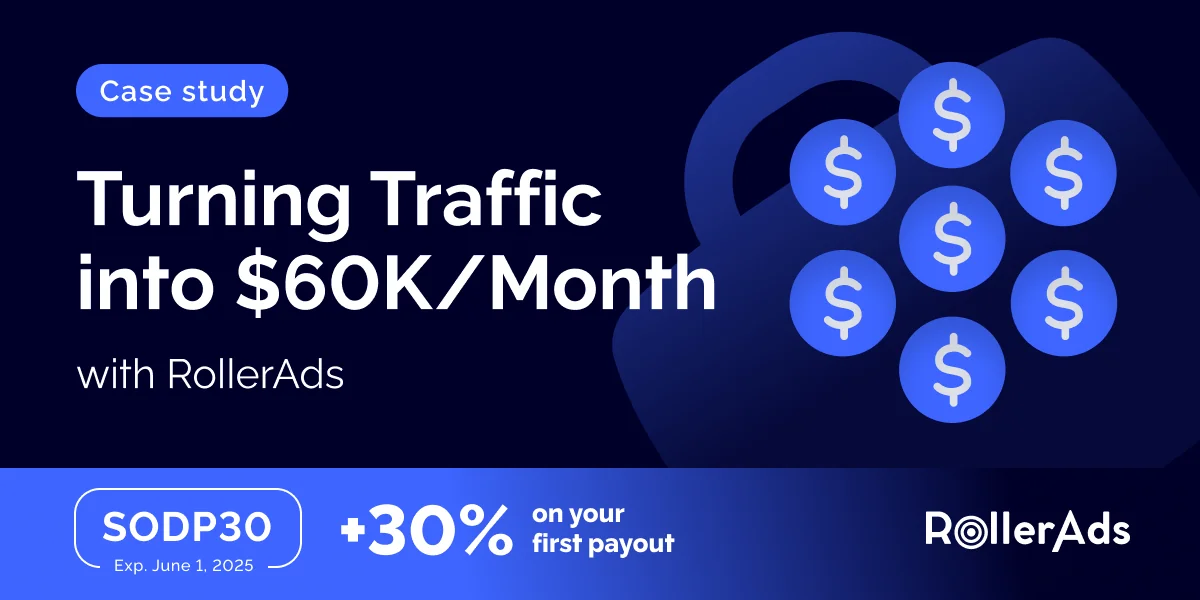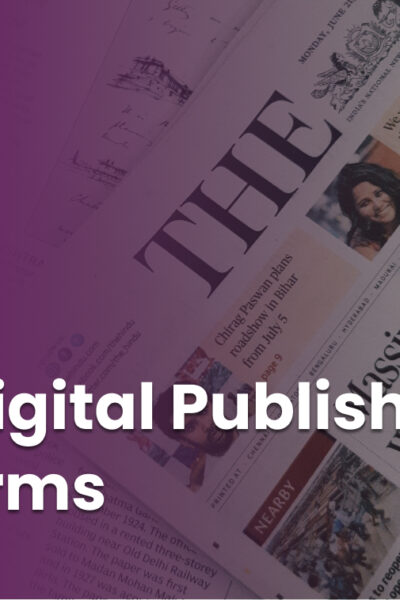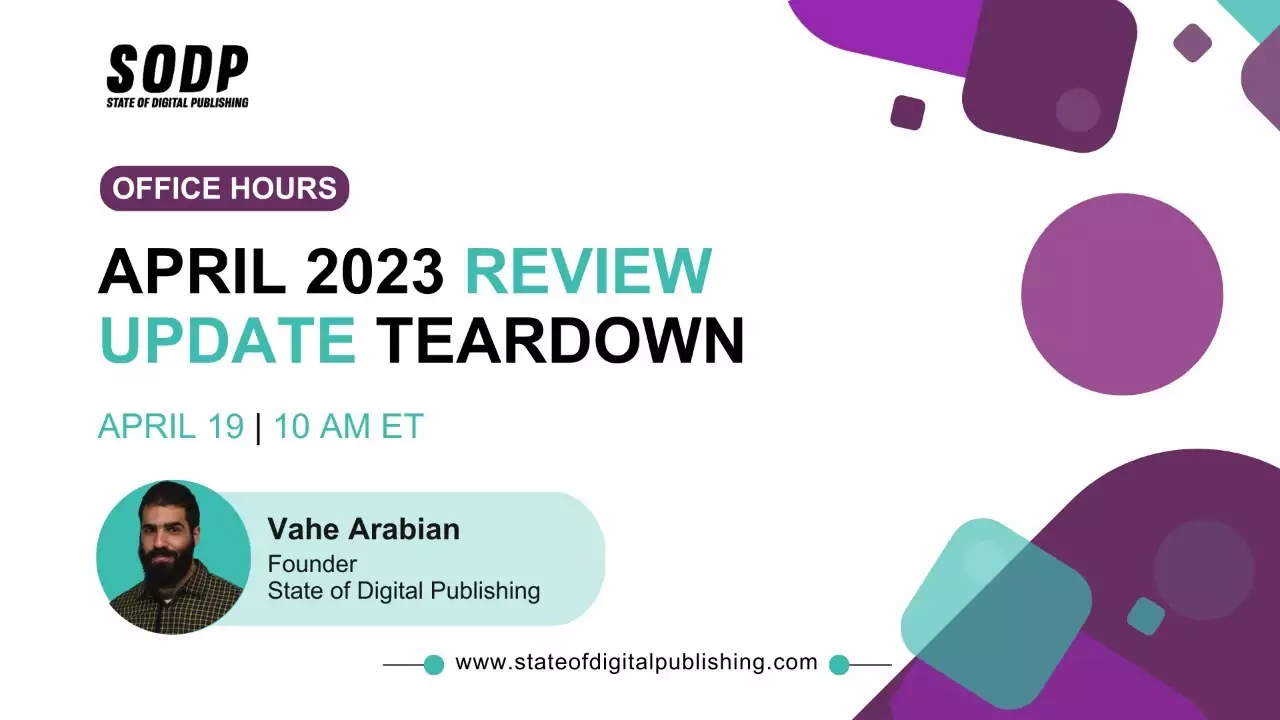What’s been happening in the world of digital publishing over the last week? Here’s your weekly round-up of news, announcements, product launches, and more.
Social media
TikTok is coming to Amazon Fire TV in the US and Canada
Amazon announced today that a TikTok app is now available on its Amazon Fire TV for users in the U.S. and Canada. The app is also coming soon to Echo Show devices. Read more
Why it matters: As video and audio content continues to pick up speed, digital publishers are presented with an ever-growing range of options to find new audiences.
The Facebook attention gap
Interest in Facebook — measured by social media interactions per published article about the company — has declined over the course of the year, according to exclusive data from NewsWhip. Read more
Why it matters: Facebook has played an important role for audience engagement and content distribution for digital publishers for years. The ability to anticipate Facebook readership trends can heavily impact a digital publisher’s ability to smartly allocate their resources.
Audience development and engagement
CBC is keeping Facebook comments closed on news posts
Back in June, CBC decided to close comments on our CBC-branded Facebook pages in News, Current Affairs and Local as part of an experiment. “We did so because we were seeing an inordinate amount of hate, abuse, misogyny and threats in the comments under our stories.” CBC describes the experiment as a positive one. “We are now posting more diverse stories than ever to Facebook. We are no longer moderating a space with few controls. The impact on our web traffic has been marginal. The well-being of our staff has improved, according to an internal survey we conducted during the experiment.” Read more
Why it matters: As the debate between offering access to trustworthy, diverse information without infringing on the right for free speech intensifies, CBC is the latest example of how digital publishers often struggle to find a balance between engaging their audiences and moderating them.
Google News to relaunch in Spain after mandatory payments to newspapers scrapped
Who should get paid when big tech platforms aggregate news stories? This was the question that prompted Google to shut down its Google News platform in Spain in 2014, after the country decided the US tech giant should cough up a monthly fee to Spanish papers. Today, though, Google announced that Google News will return to Spain “early next year” after the country overhauled its online copyright laws in line with EU regulation. Read more
Why it matters: As explained by the author, “It’s far from the only attempt by countries to give more power to their ailing but vital news industries. In 2020, Google announced new payments to publishers in Germany, Australia, and Brazil, and earlier this year signed a similar deal with French papers (also in response to the EU Copyright Directive). Such agreements will no doubt continue to be passed and then superseded as the news industry changes and evolves.”
Google Assistant no longer offers ‘Your News Update’ audio digests
In November of 2019, Google upgraded Assistant’s “play me the news” capability with personalized audio digests. Google Assistant has now removed “Your News Update” and gone back to only offering standard sources. Read more
Why it matters: As Gizmodo explains, “With the News Briefings feature, users can select to hear news from specific sources—including NPR, Reuters, Fox News, or the Today Show, to name a few—in a specific order. News Briefings isn’t new. It was around before Your News Update and apparently outlived it. Given Google’s track record of killing products, only time will tell how long News Briefings will be around.”
Advertising and monetization
US magazine circulations: America’s largest titles retained 95% of sales through Covid-19
On average across the top 50, print subscription circulations have fallen by 7% over the past two years, from 125m overall to 116m, while single-copy sales are down 11%, from 3.2m in the first half of 2019 to 2.8m in the first half of this year. Read more
Why it matters: As the article also points out, while print subscription numbers are down, digital publishers can rejoice as digital subscription circulations, which include magazine readership through aggregators like Apple News+, have grown by 70% in the same period, from 4.3m to 7.3m.
Journalists Venture Beyond Their Newsrooms to Try to Cash In
Earlier this year, newsletter platform Substack Inc. expressed interest in signing up CNN contributor Van Jones to write a newsletter for its service, according to people familiar with the matter.
The proposal clashed with terms at CNN that guarantee the network exclusivity over written content from on-air contributors, the people said, and WarnerMedia News and Sports Chairman Jeff Zucker opposed the deal.
Facebook Inc. earlier in the year proposed paying between $200,000 and $500,000 a year to a contributor at CNN to write for its Bulletin newsletter program, but the deal talks never went far for similar reasons, according to people familiar with the offer. Read more
Why it matters: As the article explains, “The current boom in newsletters is creating new opportunities for some high-profile journalists to capitalize on their personal brands, potentially earn more income and get greater editorial autonomy than they typically enjoy. Services like Bulletin and Substack can make it easier for writers with followings to distribute and monetize their own newsletters.”
Content from our partners
‘We are the media company’: Sportsbooks are spending millions on media deals, but publishers should hedge their bets
The relationships between sports publishers and sports betting companies are increasingly common and the outcome for media companies is wildly lucrative in the grand scheme of sponsorship deals.
But in the vast digital advertising landscape, what do sportsbooks get from these investments? The short answer is they are able to quickly acquire new sports bettors in the U.S. as states continually legalize online sports gambling. However, media companies may not want to put their money on sportsbooks staking them over the long run. Sports bettors are becoming media companies in their own right, and the potential for consolidation could eventually take stacks of revenue chips off the table. Read more
Why it matters: As the article explains, “Social media platforms, like Facebook, make the traditional digital advertising process difficult with state-by-state applications and regulations that take time and effort, said Yardley. So when a sports publisher already has a curated following of 1 million sports fans on that platform, it becomes more appealing to create a branded video, for instance, and have them organically circulate it on their page — with the added benefit that it also looks more genuine to the viewer.”
Tech
Permutive raises $75 million in SoftBank led round
London’s Permutive has raised $75 million in a Series C round. The eight-year-old company specialises in providing publishers and advertisers an on-device solution that reaches end-users in a privacy-safe manner, all the while retaining their first-party data. The new round will allow the company to further develop its on-device technology and scale its Audience Platform. To date, Permutive has raised $105 million. Read more
Why it matters: As the author explains, “for over a decade personal data has been powering digital advertising.” However, with stricter regulations in the space, “targeted advertising is being tossed out the window. And this is where Permutive steps in. Via its Audience Platform, publishers can deliver personalised ads without sacrificing their consented first-party data.”












